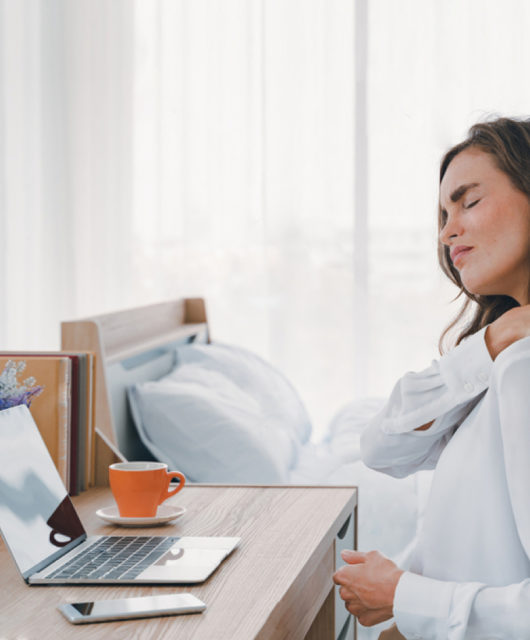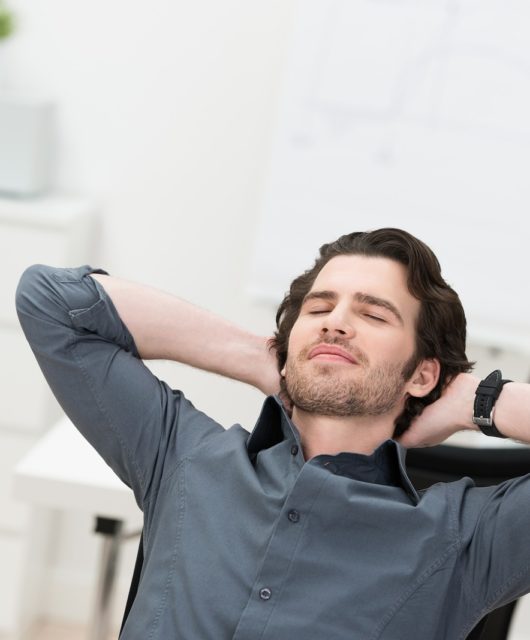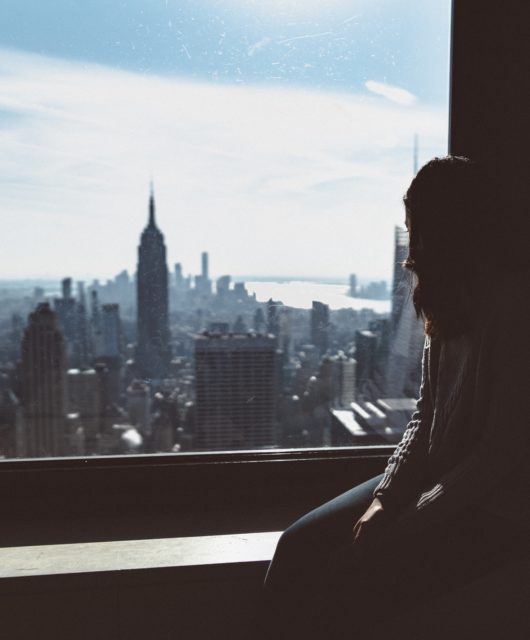For better or for worse, the coronavirus pandemic has forced many people to shelter at home, unable to enjoy the traditional human pleasures of a night out at a restaurant or a walk in the park. There are perks: We now get to spend more time with our families and are freed up to explore potential interests like reading and baking. However, as Aristotle said, human beings are social creatures, and being unable to participate in society can create major problems for our mental health.
Here at NAIPO, we care about both the physical and mental well-being of our customers. So, we came up with some best practices to maintain a positive mindset during this tough time.
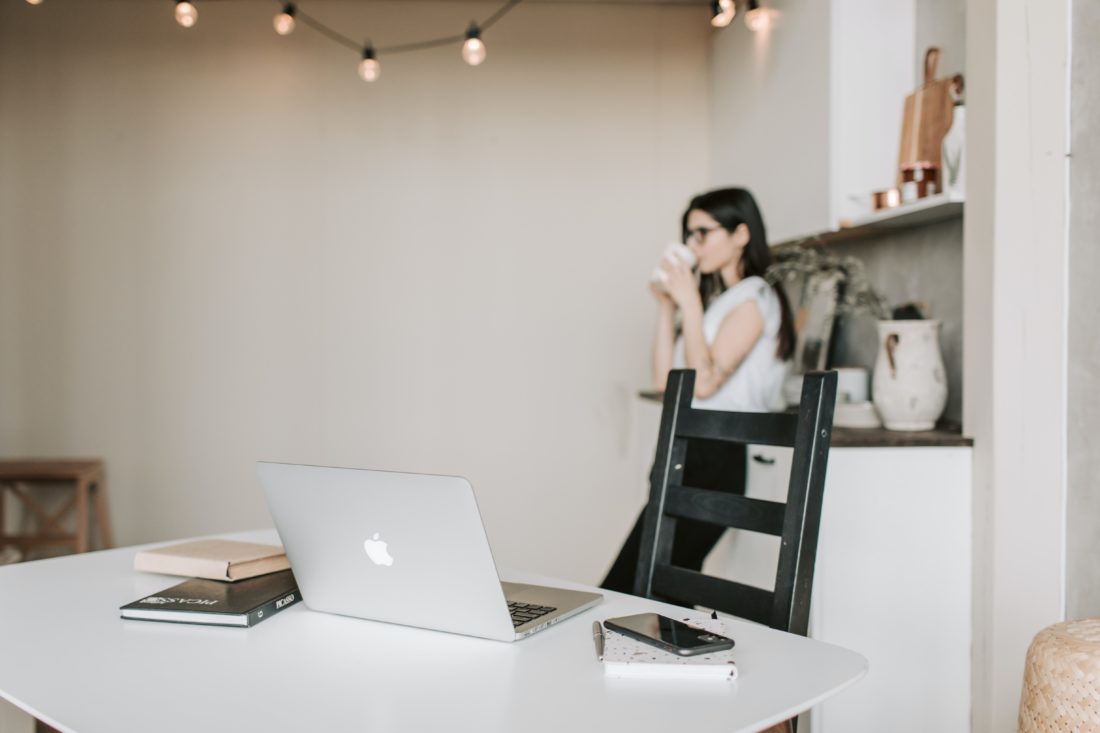
Take a Media Break
It is no coincidence that the world has witnessed a rise in mental illnesses at the same time the use of social media spread like wildfire. With daily (even hourly) news bombarding us at our homes, in our workspaces and at our fingertips, it is very easy to grow despondent about the state of the world. While it is a mark of a good citizen to stay informed, nobody benefits from “up-to-the-minute” alerts at all times. Try it out: Refrain from media intake when you can, devoting only an hour or so in the morning to see what you missed the day before. You will find that you are no less educated and in fact feel much better as you go throughout your day. (For optimal results, you can limit your media to the weekends, but the nature of many modern jobs makes this impossible).

Get Some Sunlight
Although you might think that remaining in your domicile is the healthiest option during COVID-19, there is evidence to suggest that people would be better off availing themselves of fresh air whenever they can. Though you should still practice social distancing, you will be surprised at how much better you feel if you spend some time out in the sun every day. You will be more productive at work, and you will find it much more pleasant to interact with the people you are quarantining with.
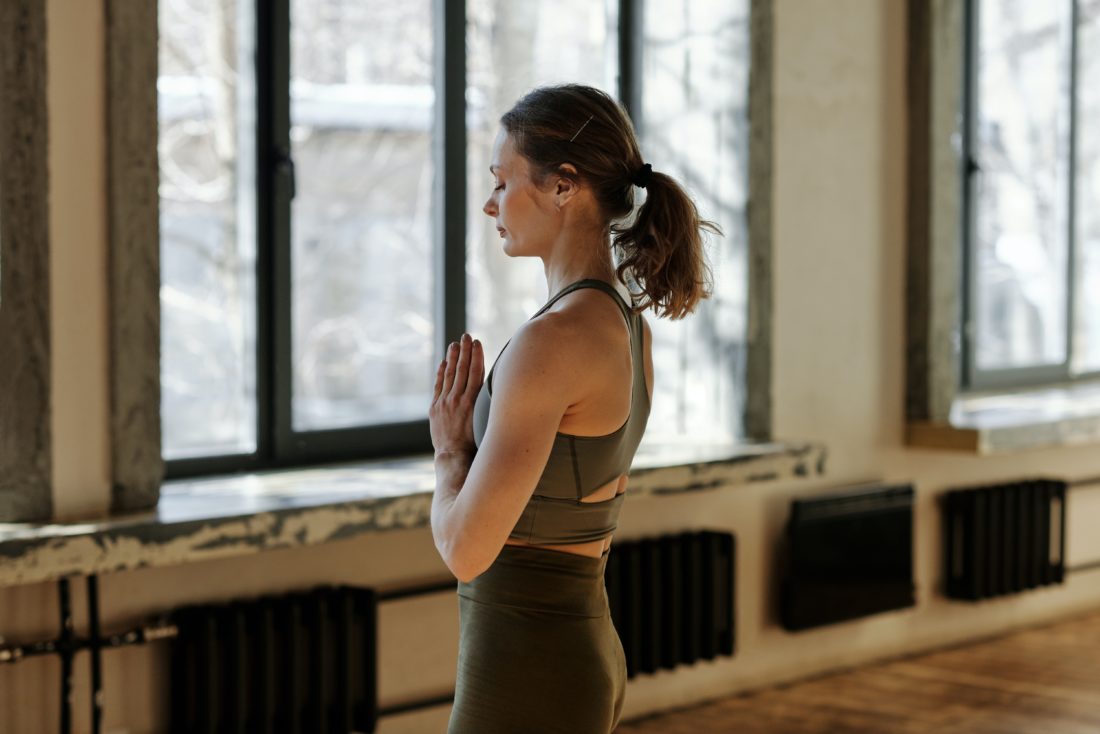
Practice Deep Breathing
Even when stuck at home it is easy to get caught up in the hubbub of work. During the times you don’t have stuff to do, you might feel the onset of despair that accompanies the doldrums of idleness. In both cases, it is important to stay mindful. Whenever you feel you are losing control over who and where you are, take a step back and do some deep breathing. This will slow your heart rate and send a message to your brain that everything is going to be ok.
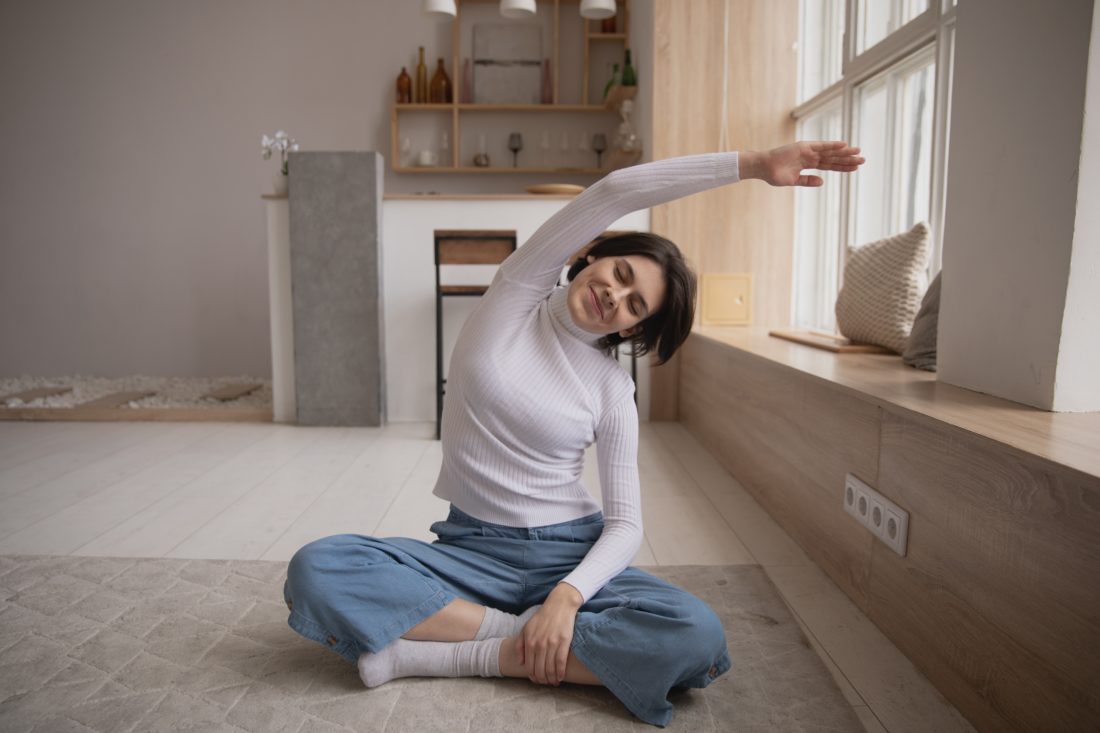
Do Some Stretching
People typically associate stretching with flexibility and range of motion. Stretching obviously has those benefits and is important to do in concert with physical activity. However, it also has positive effects on one’s mental well-being. By increasing blood circulation and reducing muscle tension, stretching will lower your levels of cortisol, commonly called “the stress hormone.” It also releases endorphins, usually known as “the runner’s high,” which provokes a feeling of euphoria sure to brighten up your day.

Journal Your Feelings
Without having any reason to leave the house, many people feel as though the days start to run together. It is common to hear jokes that days of the week have lost all their meaning, and even the weekend has lost its allure. Journaling your feelings each day can help you maintain your grip on reality and better deal with the passing of time. It can also help you work out in a positive space any negative thoughts you may be experiencing, which will prevent them from festering in your brain.
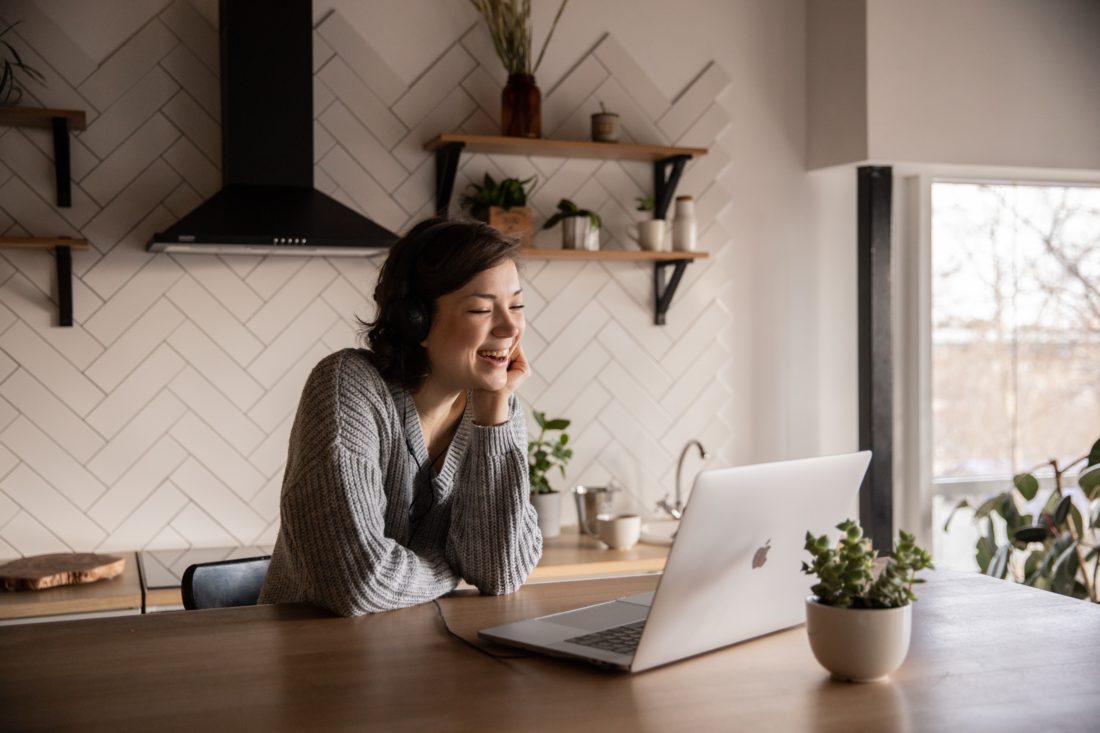
Connect With Family and Friends
If you are quarantining by yourself, or even with roommates who are not your closest friends or immediate family, you might find this time to be one of crippling loneliness. Make a concerted effort to connect with loved ones; in all likelihood, they are suffering too. Mental health is a community effort, so find time to get together virtually. You can play games, watch movies together or even just catch up about what’s going on in your lives.
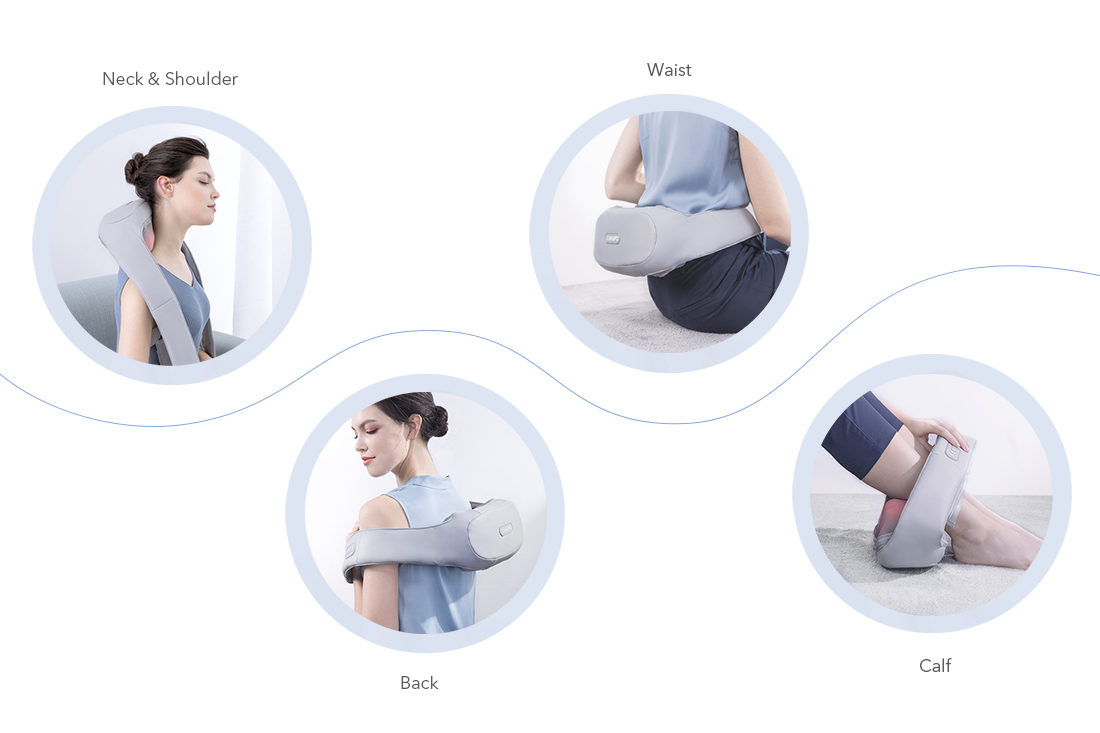
15-Minute Massage
Our last suggestion might be the easiest, though it is also probably the one you are least likely to be already doing. Instead of completely changing your daily schedule, you can simply add to it the luxury of a daily massage. NAIPO has massagers that treat all areas of the body, and you can actually do other things while enjoying the relaxing benefits of a massage. Like stretching, massages have positive biochemical effects on the hormones and neurotransmitters that regulate stress, anxiety and depression. Just 15 minutes a day can go a long way to calming you down and leading to a better life.

